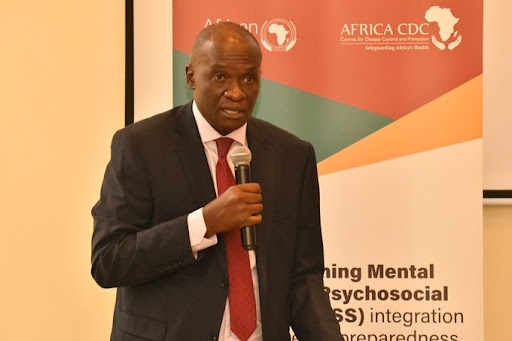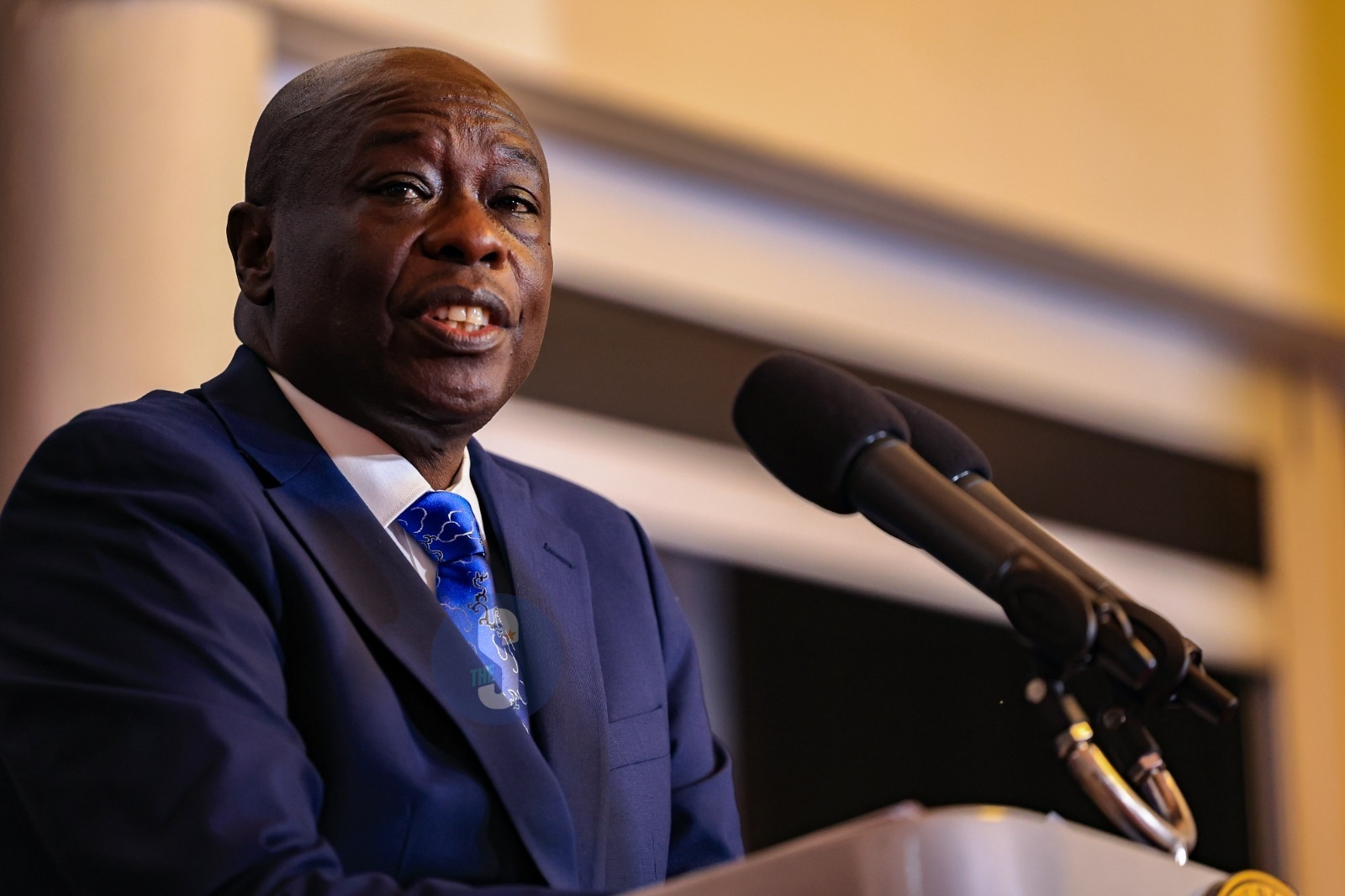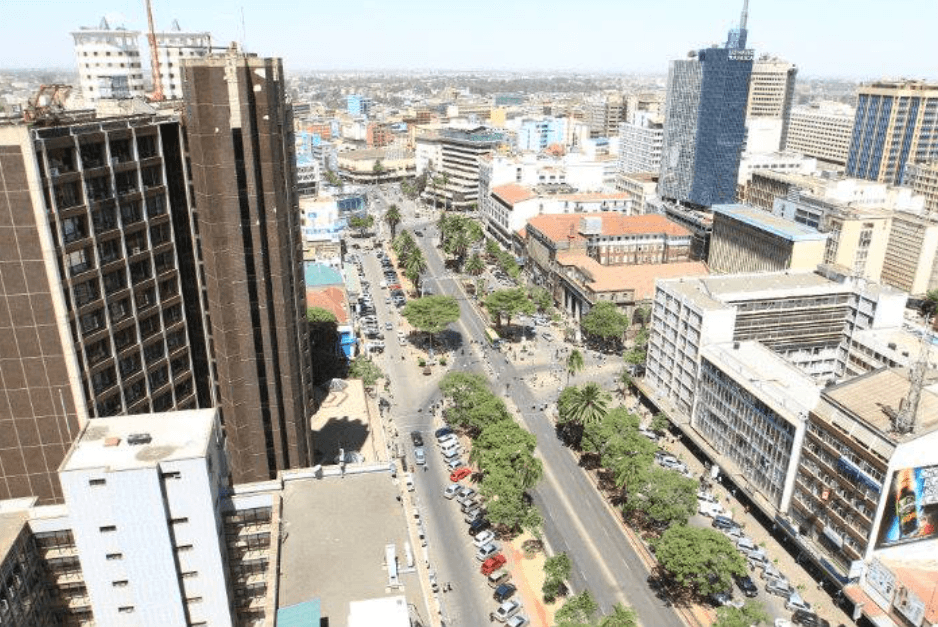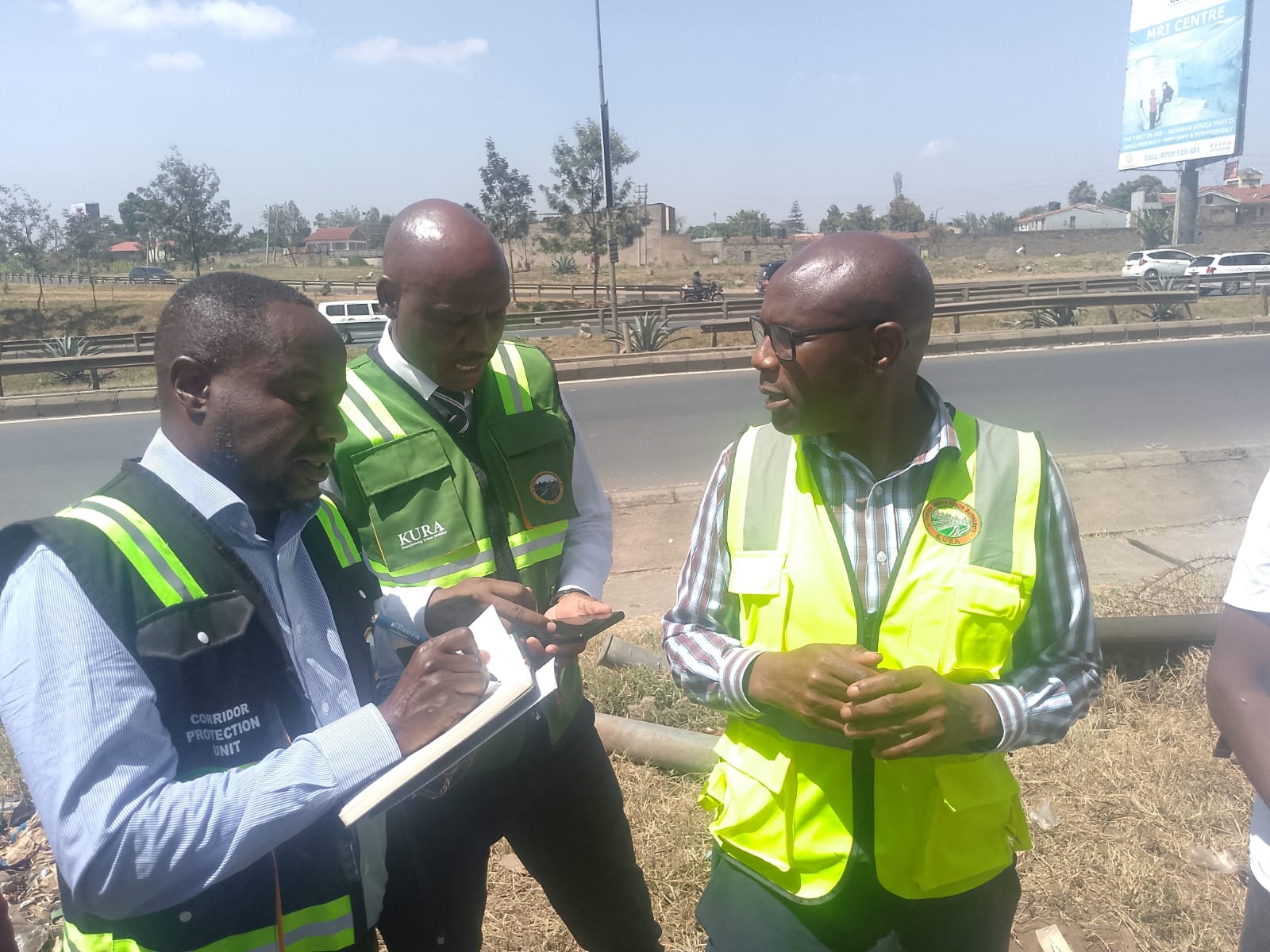
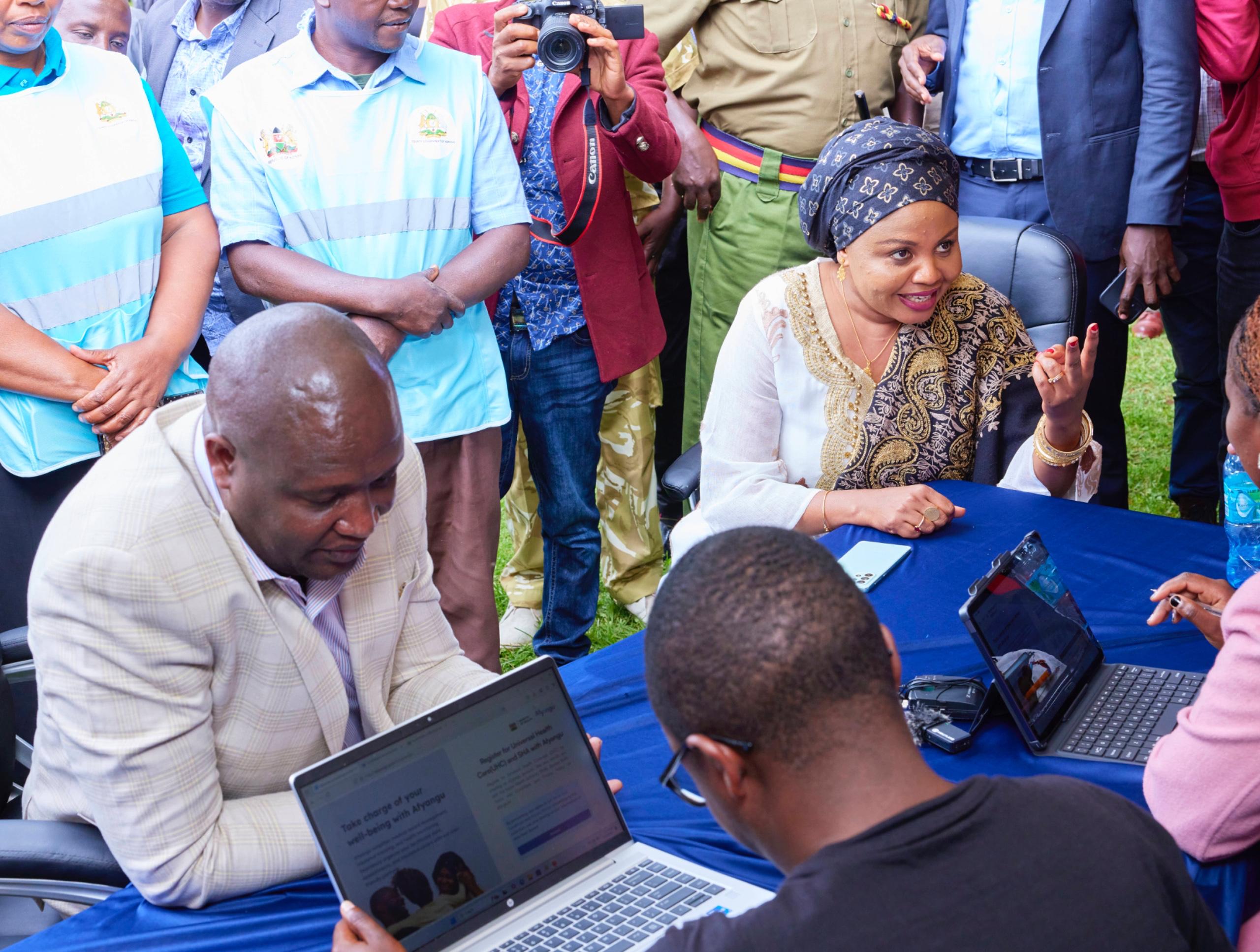
When he signed four critical bills into law on October 19, 2023, President William Ruto perhaps never knew the impact the laws were bound to have on the country’s Universal Health Coverage (UHC).
The laws, Social Health Insurance Act, 2023, Facility Improvement Financing Act, 2023, the Digital Health Act, 2023 and the Primary Health Care Act, 2023 have effectively revolutionised the delivery of health care services in the country bringing about equitable access.
In addition, the resultant regulations, efficiently address issues of low health insurance coverage and the burdensome out-of-pocket costs but for a few challenges that the Social Health Authority is working hard to resolve.
Regrettably, Kenyans are more keen on the challenges than the highest good embedded in the full implementation of the UHC policies.
For the residents of Tana River and Kwale counties, the headache hinges on the effectiveness of the dominant component of the entire initiative – the Integrated Healthcare Information System (IHTS).
They want the government to improve the system quickly to curb the irregularities users experience when trying to access medical care.
They however, view the transformation as a major achievement by the government which gives them hope that their common financial crisis encountered in the past by most families due to high hospital bills will be resolved devoid of the propaganda being spread against the whole process by government detractors.
“The initiative being run under the banner of “Taifa Care” program allows all Kenyans to be able to access quality healthcare regardless of their financial circumstances at an affordable registration fee of Kshs.300 only,” says the Deputy Government Spokesperson Mwanaisha Chidzuga.
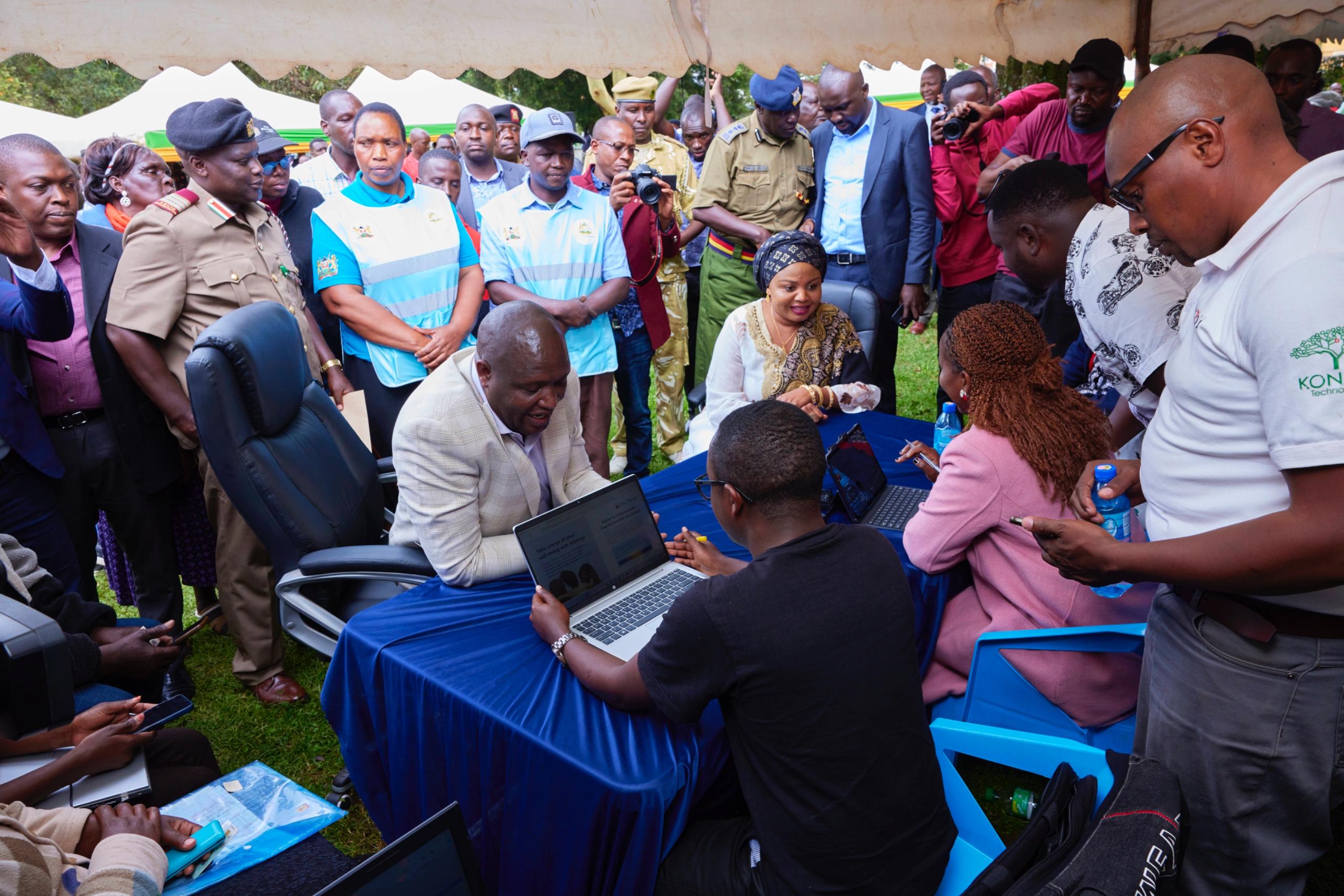
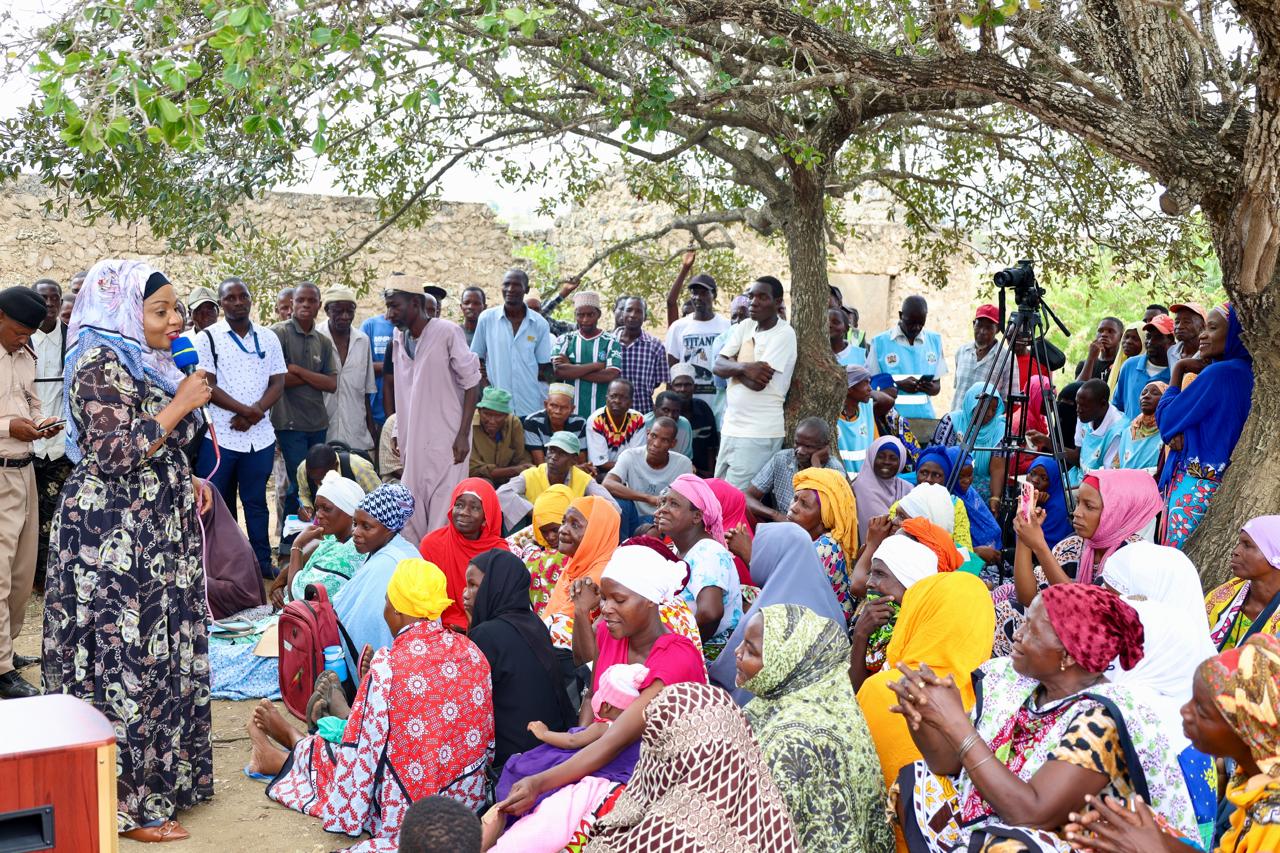
“The government came up with the Taifa Care programme after realizing that a huge number of the population was encountering hardships in accessing quality healthcare services owing to paucity."
The program is therefore, envisioned to ensure that every Kenyan attains medical care regardless of one’s financial situation unlike in the past where medical bills have been driving many Kenyans into poverty and early deaths.
At the Kinango Hospital in Kwale County, Dr Hemed Omar narrates how beneficial SHA has been in assisting patients, the majority of whom are impoverished.
“Earlier before the transition from the now defunct National Health Insurance Fund (NHIF) to SHA, most patients meant to undergo surgery were forced to remain at home without treatment. This was because they could not afford to pay for the costly procedures, but now when they register with SHA they access treatment and SHA caters for their full medical bills,” Dr Omar says.
The government official assures that efforts were being made to improve the IHTS and enhance sensitization for Kenyans to understand it well because SHA is a necessity for every Kenyan.
He regrets that the digital health system’s failure makes patients suffer over the inability to access timely subsidized treatment forcing them to dig into their pockets for the services over frequent system failure.
Abdallah Hamisi a patient who underwent a surgery procedure at the hospital corroborates Dr Omar’s sentiments. He disclosed to the OGS team at the hospital’s male ward how SHA had catered for his surgery.
Hamisi observed that the surgery was quite expensive to afford before registration with the Social Health Insurance Fund SHIF) through which all his treatment was done, free of charge.
“SHA works and I thank the government for coming up with such a programme that has assisted people like me who could not afford the surgical treatment. The SHA has today settled all my medical expenses for which, I was earlier required to pay Sh48,000 and I could not raise,’’ Hamisi narrates visibly, with a sigh of relief.
At the Kwale sub-county hospital’s maternal ward, Mwaka Dalu a new mother, and a beneficiary of SHA lauds the government for coming up with the Taifa care programme which she says, considers and benefits all Kenyans equally.
“I was not enrolled with NHIF and it is only yesterday that I came to deliver my firstborn in this facility. I was registered with SHA before admission and has forthrightly catered for all my bills,” Dalu said.
At Mvindeni Dispensary in Msambweni constituency Kwale County Dr James Wafula in charge of the hospital stated that the facility mainly deals without patients and they attend to up to 300 patients per day and since the inception of SHA most patients have benefited from it.
Leading the OGS team, Chidzuga encouraged area residents to register themselves and their families with SHA as one way of dealing with challenges of poverty in the community which most of the time is brought about by the high cost of medical bills.
The government is currently engaged in massive registration with the aim of cushioning Kenyans from unforeseen health emergencies which may occur at any time with the message, “it is good when one registers early to enable one attain medical care with ease and more so during emergencies.”


